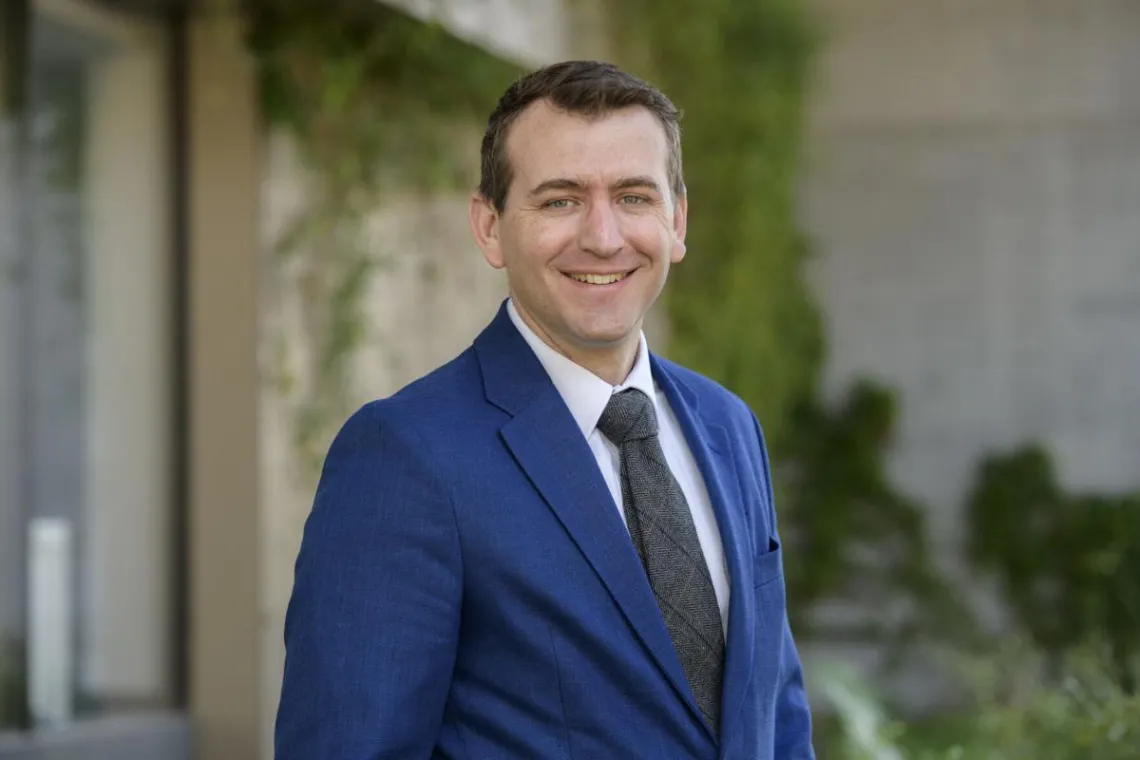Cannabis education focus of new Comprehensive Pain and Addiction Center program
The Comprehensive Pain and Addiction Center is developing messages to promote awareness and respect for Arizona’s marijuana laws and to encourage responsible use of cannabis.

Many states have legalized marijuana, or cannabis, for medicinal or recreational use, resulting in a need for accessible and effective education and best-practice trainings. The Comprehensive Pain and Addiction Center at the University of Arizona Health Sciences is using a $1 million grant from the Arizona Department of Health Services to meet that need in Arizona by developing messages to promote awareness and respect for Arizona’s marijuana laws and to encourage responsible use of cannabis. The project will be called AzCANN – Arizona Cannabis Education.
Cannabis became legal in Arizona for medicinal purposes in 2010 and for recreational purposes by individuals 21 years of age or older in 2020. Comprehensive Pain and Addiction Center researchers say it is necessary to provide accessible and effective education and best-practice trainings to support responsible adult medicinal and recreational marijuana use.
“There are dangers people should be aware of when it comes to using cannabis too young, too heavily and too often,” said Benjamin Brady, DrPH, Comprehensive Pain and Addiction Center initiative director and assistant research professor in the Mel and Enid Zuckerman College of Public Health. “It can also be a potential treatment for people suffering from a number of conditions or a safer alternative to other substances.”
Historically, messages surrounding cannabis prevention have targeted youth and relied on fear by exaggerating risks and emphasizing criminal justice. Dr. Brady says science-based and accurate information is vital at a time when it is legal for adults to grow, possess and use cannabis in Arizona and many other states.
The Comprehensive Pain and Addiction Center will partner with the Arizona Center for Rural Health to develop a foundation of educational materials to meet four goals: provide honest, science-based information; encourage moderation among adults who use; promote an understanding of the legal and health consequences of nonpermitted and regular use; and prioritize safety through personal responsibility and knowledge. Educational and training events will be targeted to Arizona residents and health care providers throughout the state.
“We applaud our partners and the Arizona Department of Health Services for making cannabis a health equity and educational priority,” Dr. Brady said. “We can inform and educate Arizonans wherever they are, and to whatever degree cannabis might be playing a role in their life.”
The goal, Dr. Brady said, is to educate healthcare professionals about cannabis and empower individuals to make healthy decisions based on personal responsibility and knowledge. This grant is co-led by Todd Vanderah, PhD, director of the Comprehensive Pain and Addiction Center and head of the Department of Pharmacology at the College of Medicine – Tucson, Alyssa R. Padilla, MPH, assistant director of CPAC, and Jennifer S. De La Rosa, PhD, director of strategy at CPAC.
The cannabis education program is the sixth substance use education and training effort led by the Comprehensive Pain and Addiction Center. Other projects include providing continuing education and workforce training to health care professionals and people with substance use experience, developing a new substance use certificate program, and providing substance use and chronic pain intervention outreach statewide.

